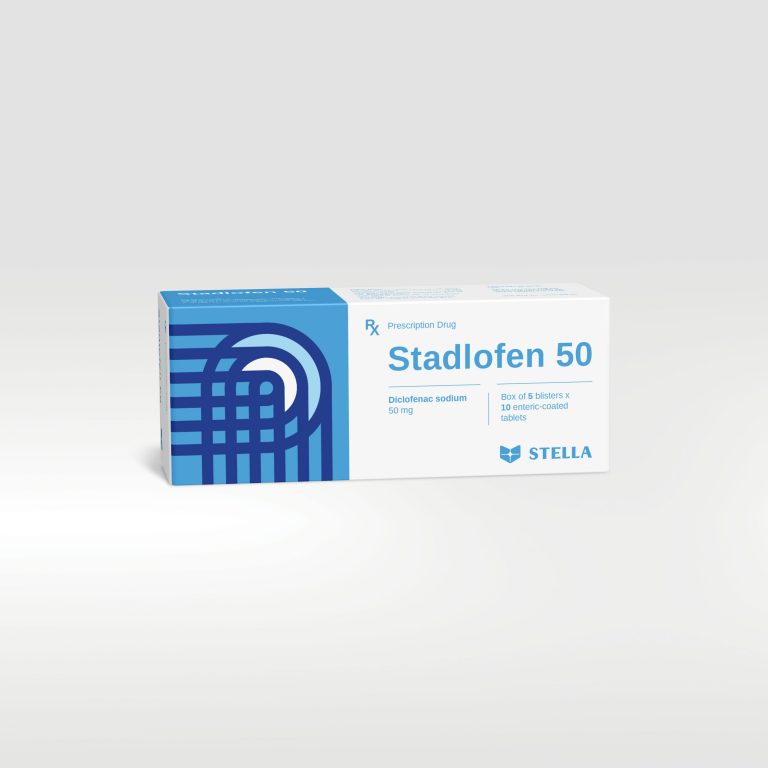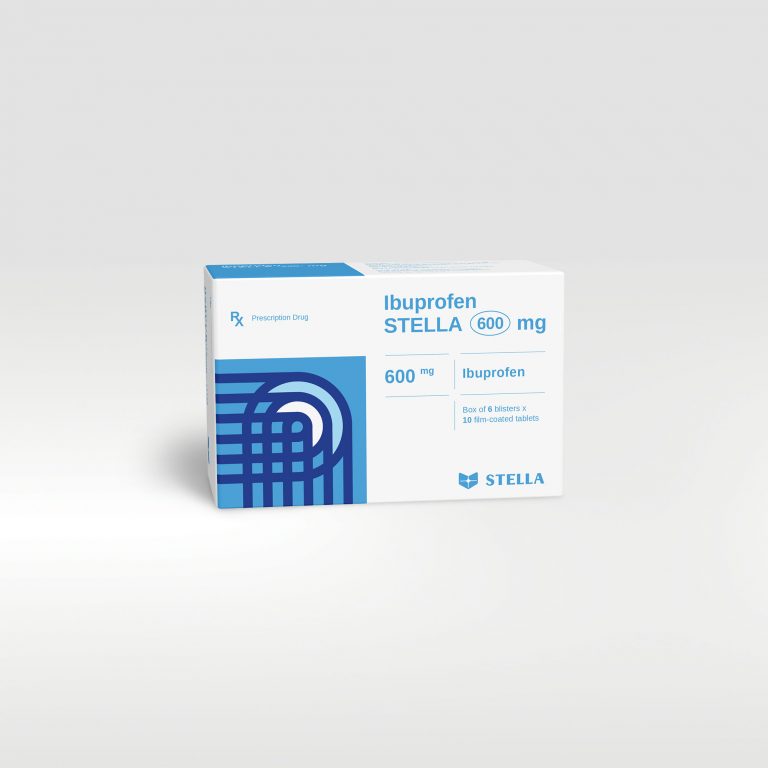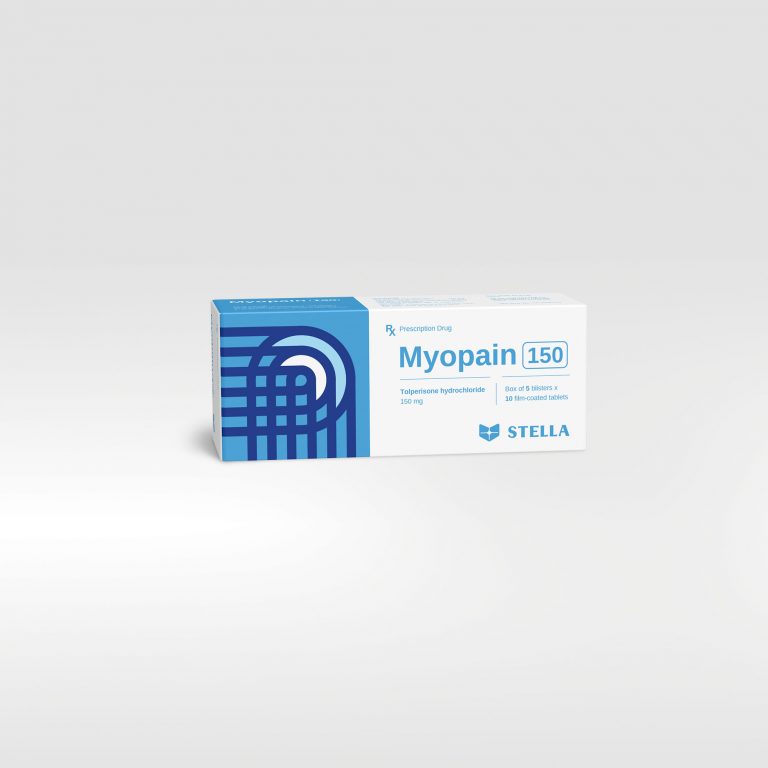Allopurinol STELLA 300 mg Rx
Allopurinol STELLA 300 mg contains allopurinol, a xanthine-oxidase inhibitor. Allopurinol and its main metabolite oxipurinol lower the level of uric acid in plasma and urine by inhibition of xanthine oxidase, the enzyme catalyzing the oxidation of hypoxanthine to xanthine and xanthine to uric acid.
| Pack size | Box of 30 tablets, 100 tablets |
| Shelf-life | 48 months |
| Composition | Allopurinol |
| Dosage forms and strengths | Tablet: 300 mg |
Product code :





















